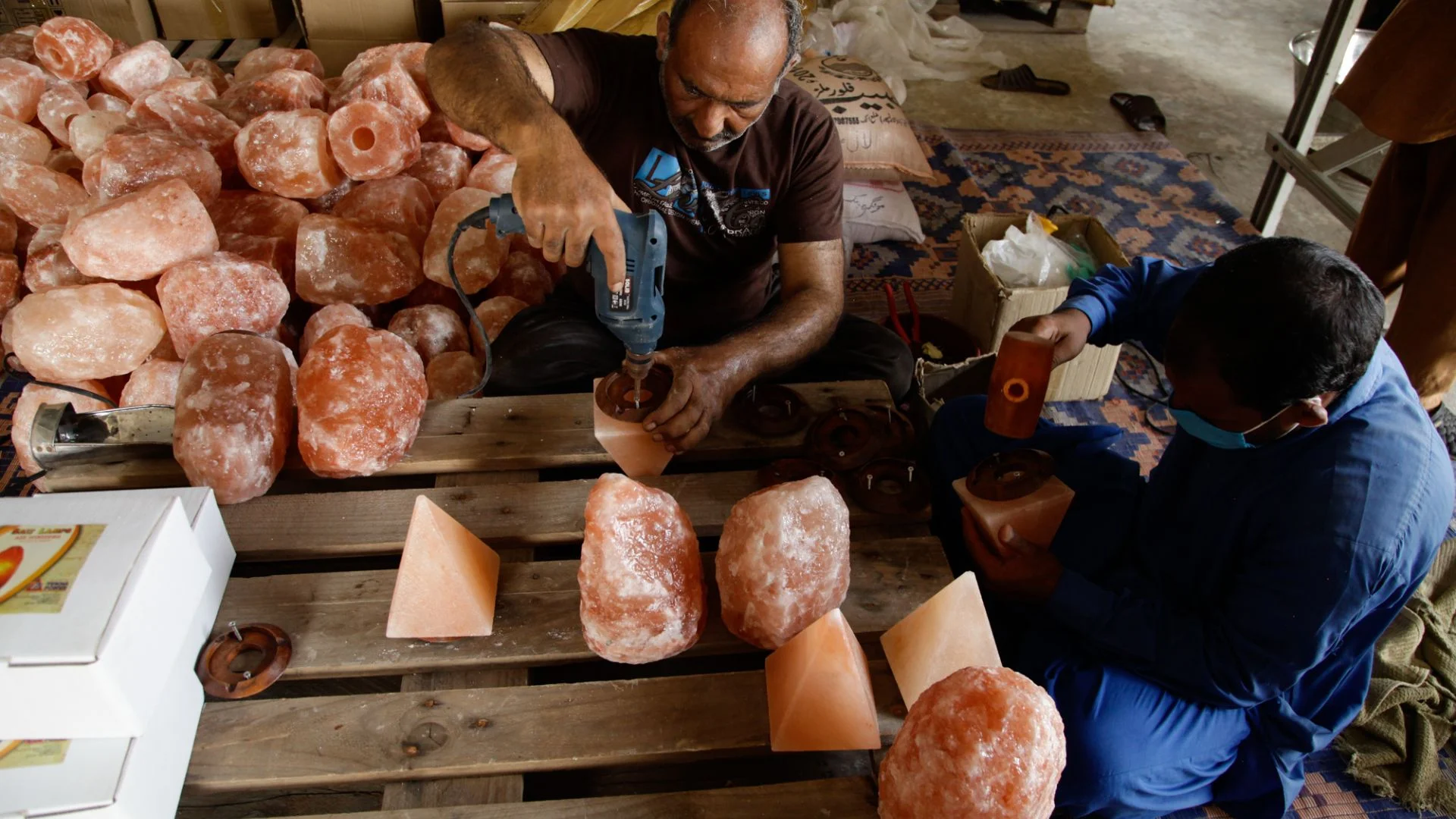The relationship between India and Pakistan has long been marked by tension since Pakistan’s formation from undivided India in 1947. Despite several wars and Pakistan’s backing of terrorist organizations targeting India, trade between the two nations has persisted, though it has significantly declined since 2019.
One crucial item India continues to rely on Pakistan for is rock salt, an essential component in Hindu religious ceremonies. Locally known as “Sendha namak,” this rock salt plays a significant role in various cultural traditions outlined in Vedic scriptures. While India has been trying to reduce its dependency on Pakistan, it still imports most of its rock salt, which is not found domestically.
Rock salt, also referred to as sandhav salt, Lahori salt, halite, pink salt, and Himalayan salt, is created when salty seawater evaporates and crystallizes into sodium chloride. It is believed to be named “Sendha” because of its proximity to the Indus River. The Khewra salt mine, located in the Punjab province of Pakistan, is the second-largest salt mine globally and produces approximately 450,000 tons of rock salt annually.
Currently, India imports around 99.7% of its rock salt from Pakistan, with smaller quantities coming from countries like Iran, Malaysia, Germany, Afghanistan, Turkey, and Australia. However, in recent years, India has worked to lessen its reliance on Pakistan for this commodity. Domestic processing and packaging facilities in Kochi, Mumbai, Hyderabad, and Delhi reportedly meet about 80% of Indian households’ rock salt needs.
In Pakistan, the cost of rock salt is about Rs 2-3 per kilogram due to its abundance, while it can retail for Rs 50-60 per kilogram in India, reflecting the disparity in availability and demand for this culturally significant product.







